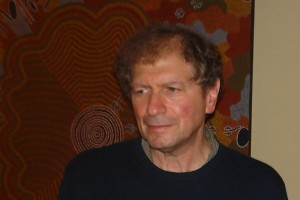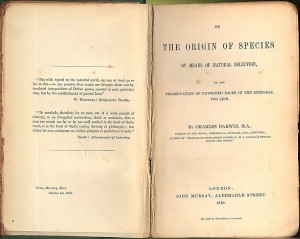 In the six decades since the publication of Julian Huxley’s Evolution: The Modern Synthesis, spectacular empirical advances in the biological sciences have been accompanied by equally significant developments within the core theoretical framework of the discipline. As a result, evolutionary theory today includes concepts and even entire new fields that were not part of the foundational structure of the Modern Synthesis.
In the six decades since the publication of Julian Huxley’s Evolution: The Modern Synthesis, spectacular empirical advances in the biological sciences have been accompanied by equally significant developments within the core theoretical framework of the discipline. As a result, evolutionary theory today includes concepts and even entire new fields that were not part of the foundational structure of the Modern Synthesis.
 English
English
Categories
Tags
- abortion
- agnosticism
- anthropology
- atheism
- bible
- bioethics
- biology
- catholic
- children
- church
- cloning
- conscience
- contraception
- cosmology
- creation
- embrionic stem cells
- environment
- ethics
- eugenetics
- evolution
- faith
- fertility
- gender
- God
- history
- homosexuality
- intelligent design
- intelligent design @en
- Jesus
- medicine
- morality
- natural family planning
- organ donation
- pharmacy
- philosophy
- physics
- pope
- pragnency
- reason
- religion
- science
- sexuality
- theism
- theology
- world population
Archives
Meta




